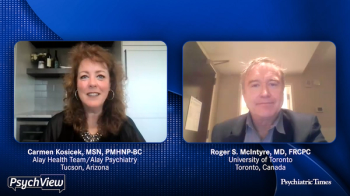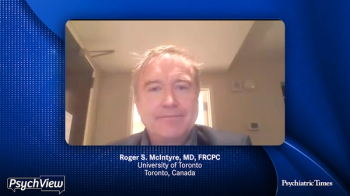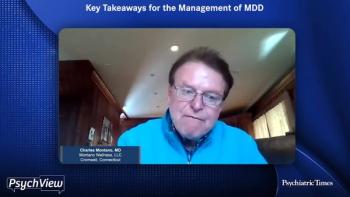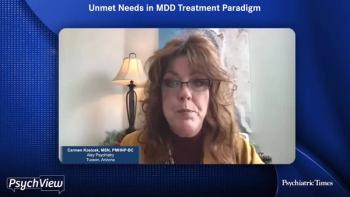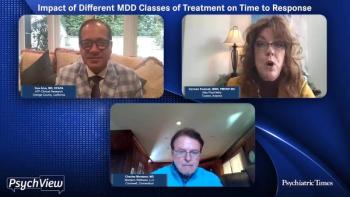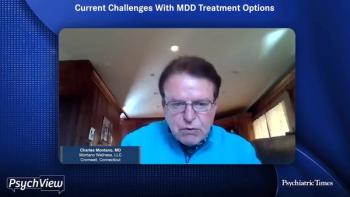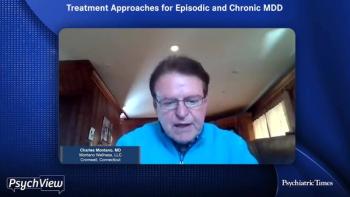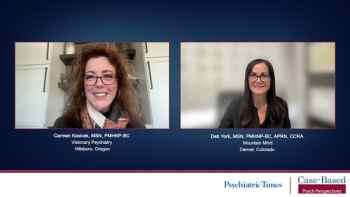
Panelists discuss how faster-acting treatments like zuranolone might improve patient outcomes and quality of life, the initial signs to monitor for assessing effectiveness, barriers to accessing such therapies in underserved populations and strategies to increase accessibility, approaches to ensuring safety while addressing distress in patients with intrusive thoughts, effective strategies for managing sleep issues in postpartum depression (PPD), advice for the psychiatry community when treating PPD, and how to tailor advice for clinicians working with underserved populations.







